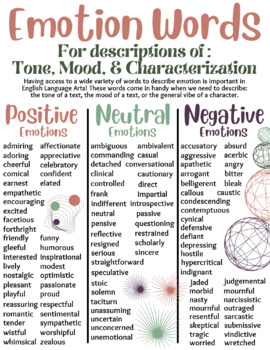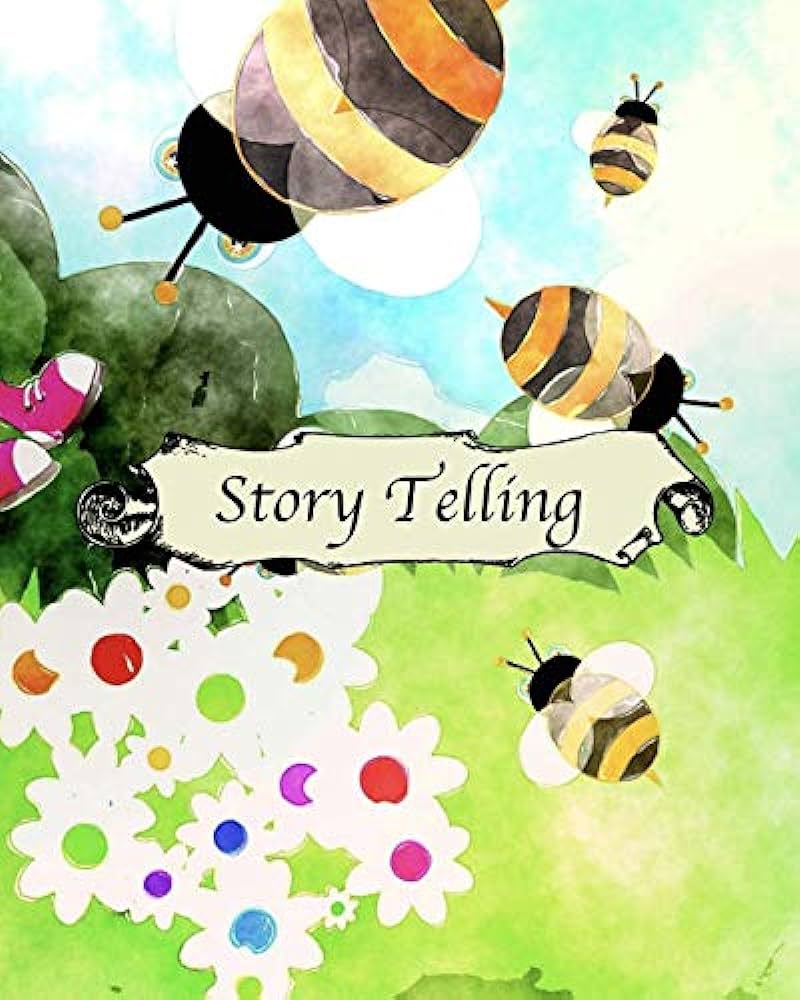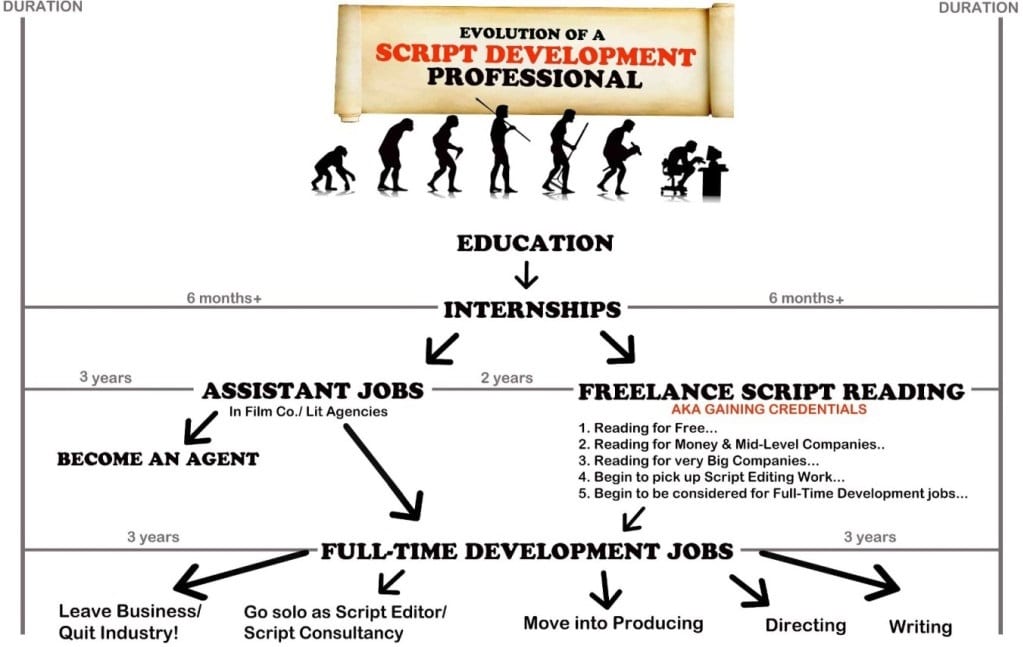Unlock the Secrets of Genre-Specific Writing
Are you an aspiring writer looking to delve into a specific genre? Whether you are interested in romance, mystery, science fiction, or any other genre, understanding its unique characteristics and mastering the art of genre-specific writing is crucial for success. In this blog post, we will unlock the secrets of genre-specific writing, providing you with valuable tips to enhance your storytelling skills and captivate readers.
1. Research, Research, Research
Before embarking on your genre-specific writing journey, it is vital to conduct thorough research. Familiarize yourself with the conventions, tropes, and expectations of the genre you wish to write in. Read extensively within the genre, analyze successful authors’ works, and immerse yourself in the world they have created. This research will provide insights into plot structures, character development, and narrative techniques specific to the genre, enabling you to better align your writing with readers’ expectations.
2. Understand Genre Conventions
Genres have established conventions that distinguish them from each other. Romance novels, for instance, typically revolve around a central love story, focusing on emotional connections and often ending with a happily-ever-after. Mystery novels involve a central puzzle to be solved, with suspense and intrigue driving the narrative. By understanding these conventions, you can provide readers with a familiar framework while also adding your own unique twists and surprises.
3. Develop Engaging Characters
Strong and relatable characters are the backbone of any compelling story. In genre-specific writing, it is essential to create characters that resonate with readers while fitting within the genre. For instance, a science fiction protagonist may possess unique abilities or be set in a futuristic world, while a historical fiction protagonist should be true to the time period they inhabit. Take time to develop your characters and make sure they align with both the genre and the story you want to tell.
4. Create Authentic Settings
Setting plays an integral role in genre-specific writing, as it helps establish the atmosphere and immerse readers in the story’s world. Whether it’s a dystopian future, a quaint small town, or an eerie mansion, your setting should be vividly described, taking into account the expectations of the genre. Pay attention to details, use sensory language, and incorporate elements that enhance the overall experience for readers.
5. Master Genre-Specific Plot Structures
Every genre has its preferred plot structures that keep readers engaged and entertained. Understanding these structures can help you craft a compelling storyline. For example, a thriller may employ a fast-paced, high-stakes plot with twists and turns, while a fantasy novel might involve a hero’s journey and an epic quest. Learn about the specific plot structures and pacing techniques relevant to your chosen genre, allowing you to create a gripping narrative.
6. Cultivate Unique and Engaging Narratives
While adhering to genre conventions and plot structures, it is crucial to infuse your own unique voice and perspective into your writing. Find innovative ways to approach common tropes or add fresh ideas that surprise and delight readers. Strive for originality while still staying true to the spirit of the genre.
7. Edit and Polish your Work
Once you have finished writing, the editing process becomes critical. Pay attention to language, grammar, pacing, and any plot holes or inconsistencies. beta readers. Consider seeking feedback from writing groups, beta readers, or professional editors. Their fresh perspective can help spot areas for improvement and ensure your manuscript is ready to captivate publishers and readers alike.
In conclusion, unlocking the secrets of genre-specific writing requires a combination of research, understanding genre conventions, developing engaging characters, creating authentic settings, mastering genre-specific plot structures, cultivating unique narratives, and actively seeking feedback. By incorporating these tips into your writing process, you will be well on your way to crafting captivating stories that resonate with genre-specific readerships. Embrace the beauty of each genre and let your creativity flow as you embark on your writing journey. Happy writing!











